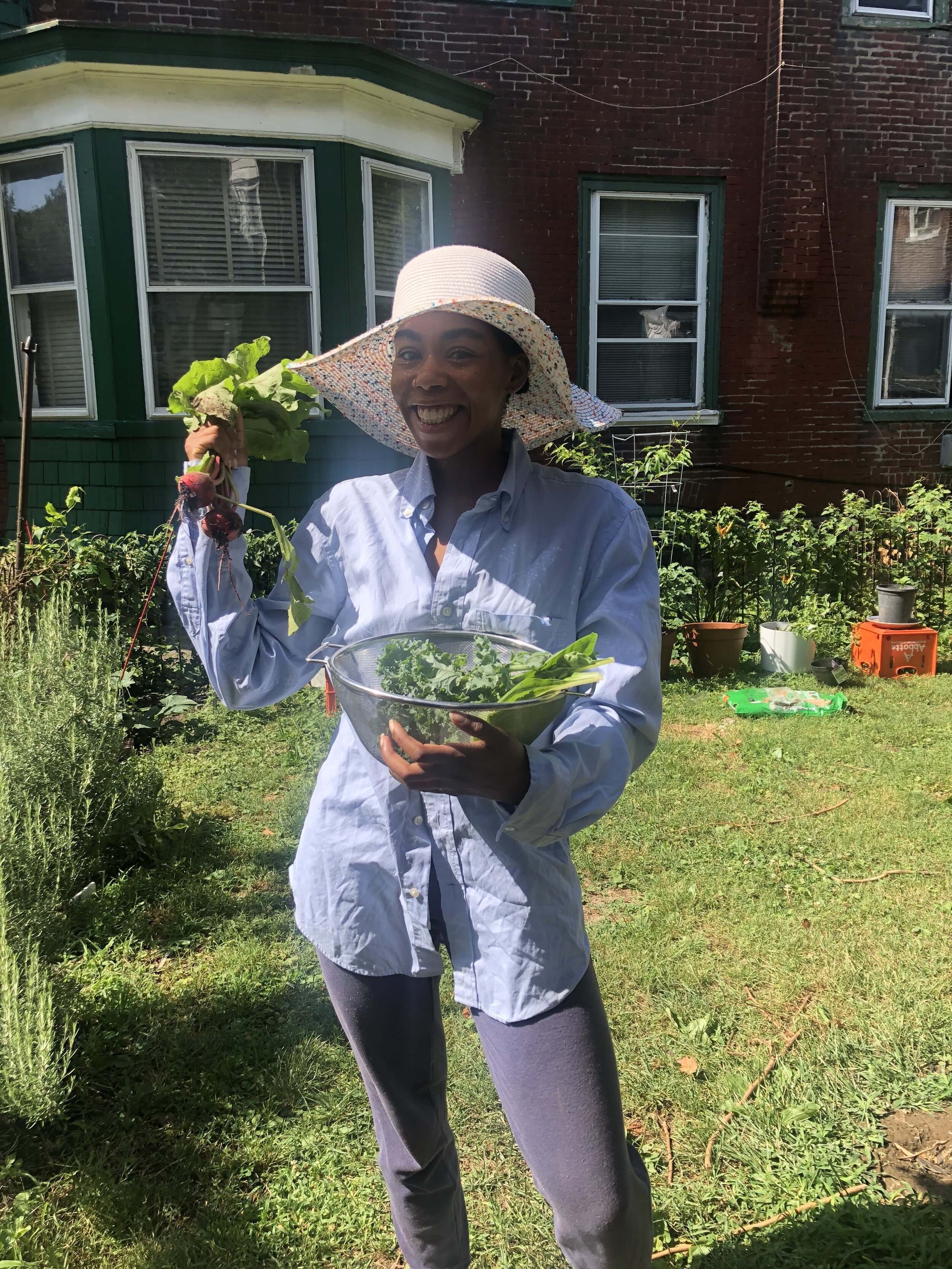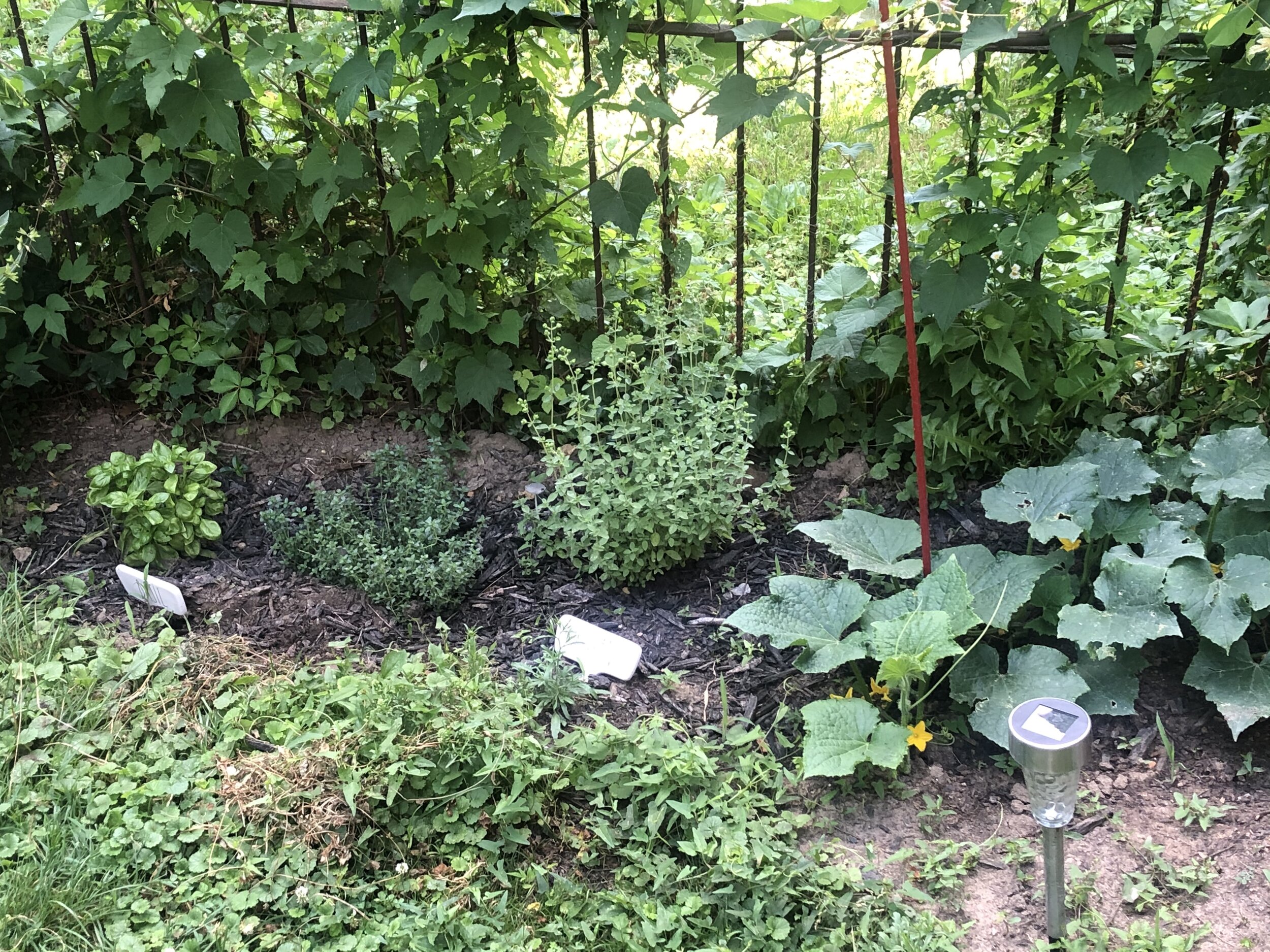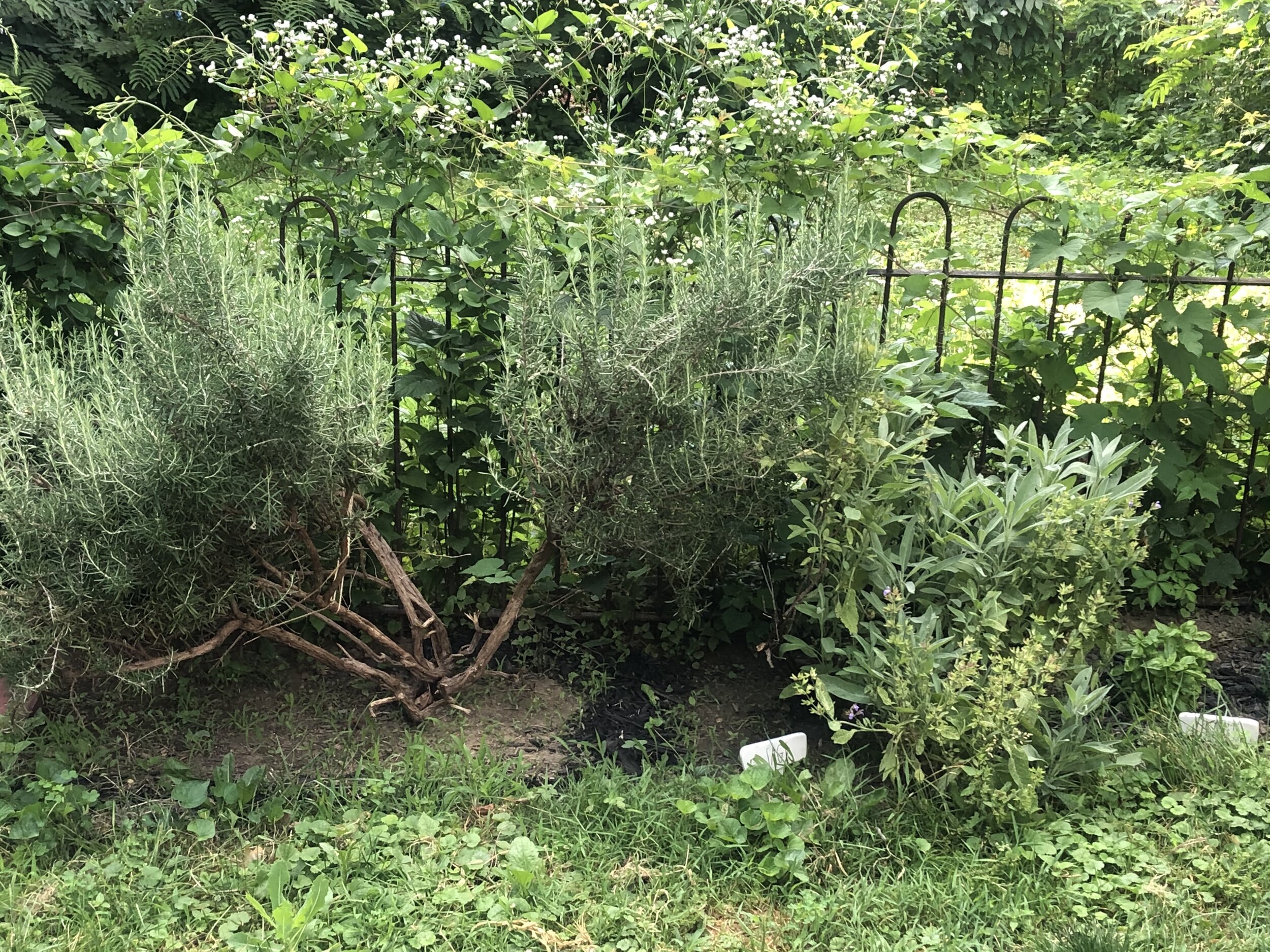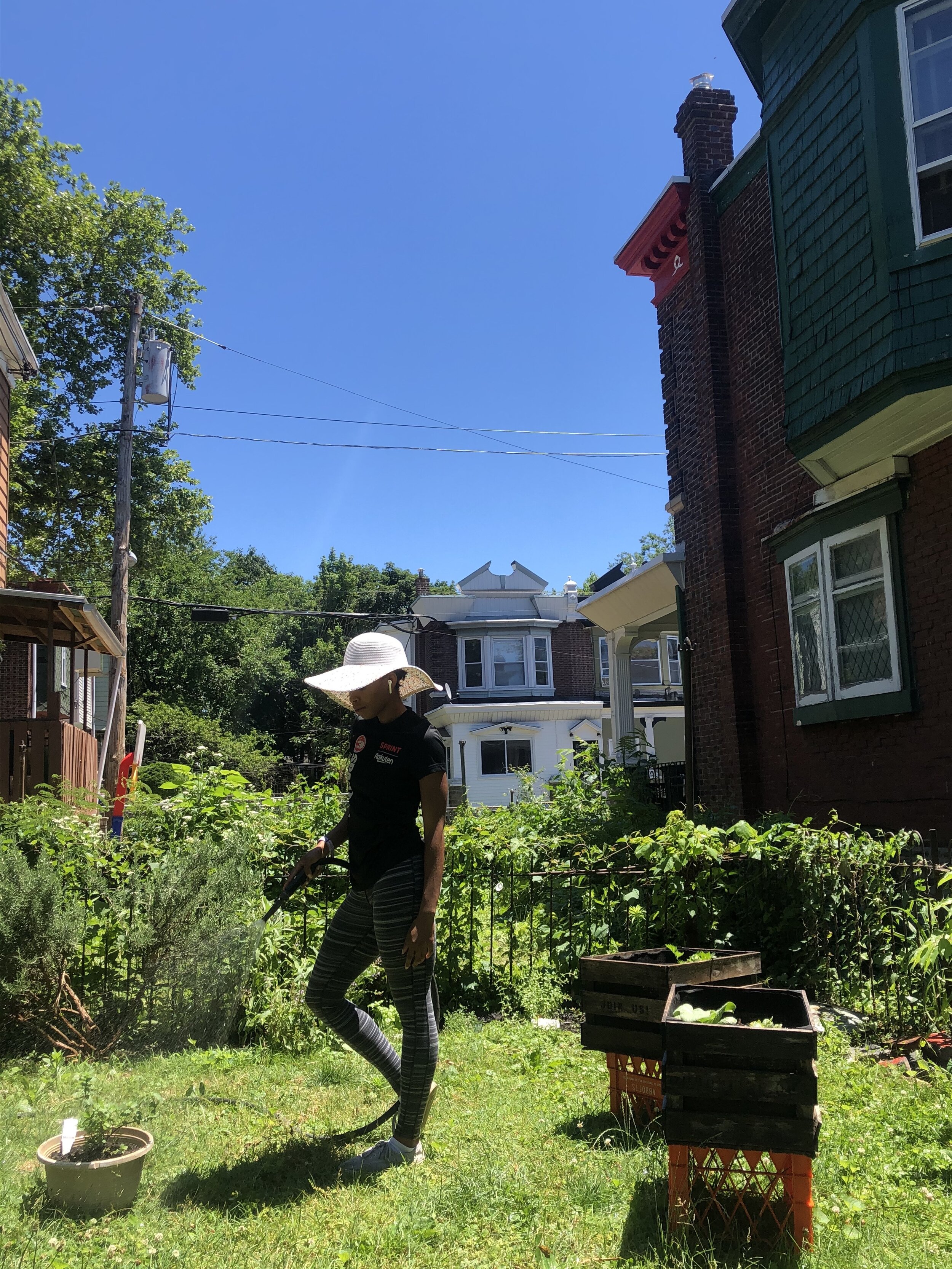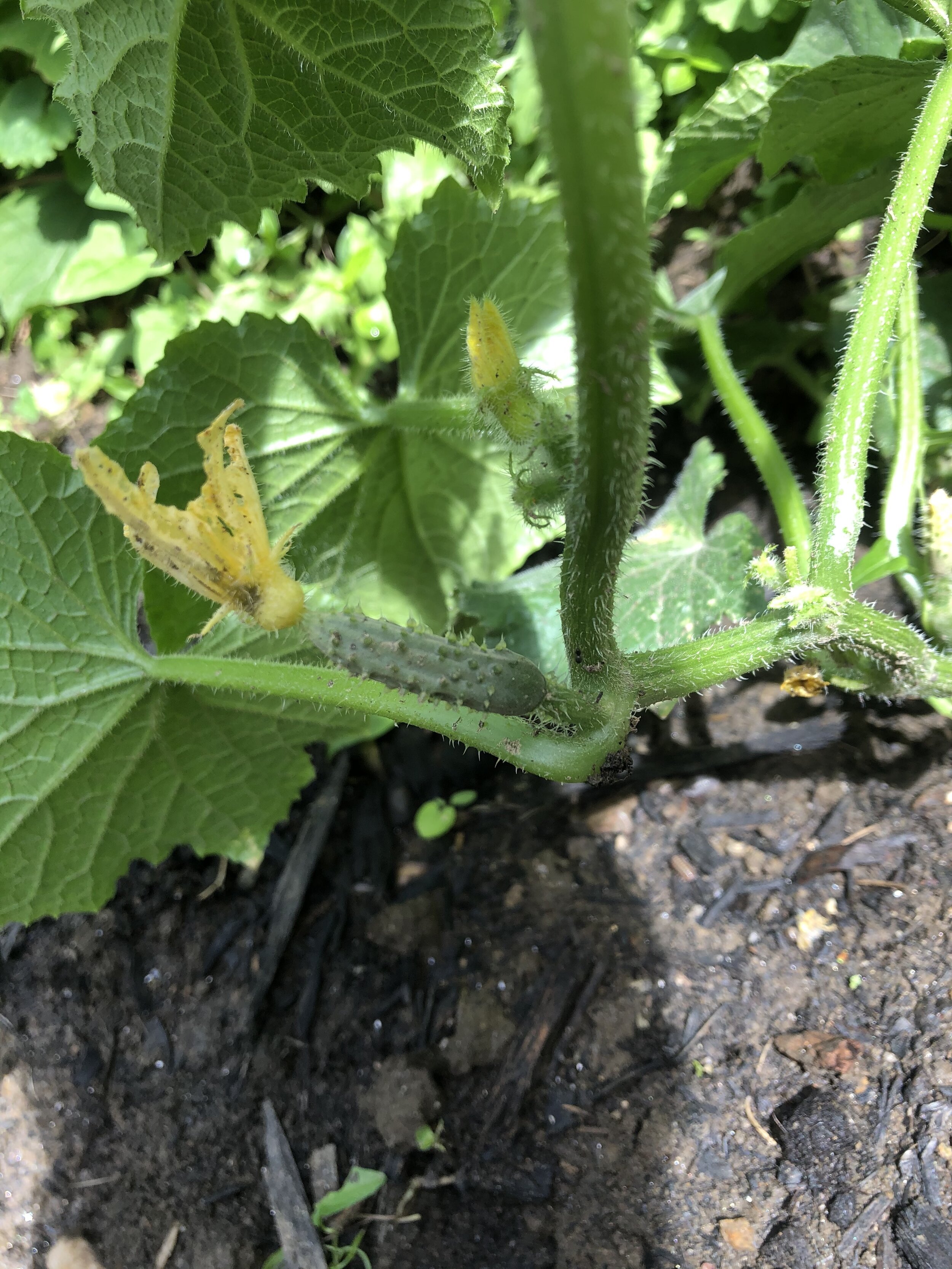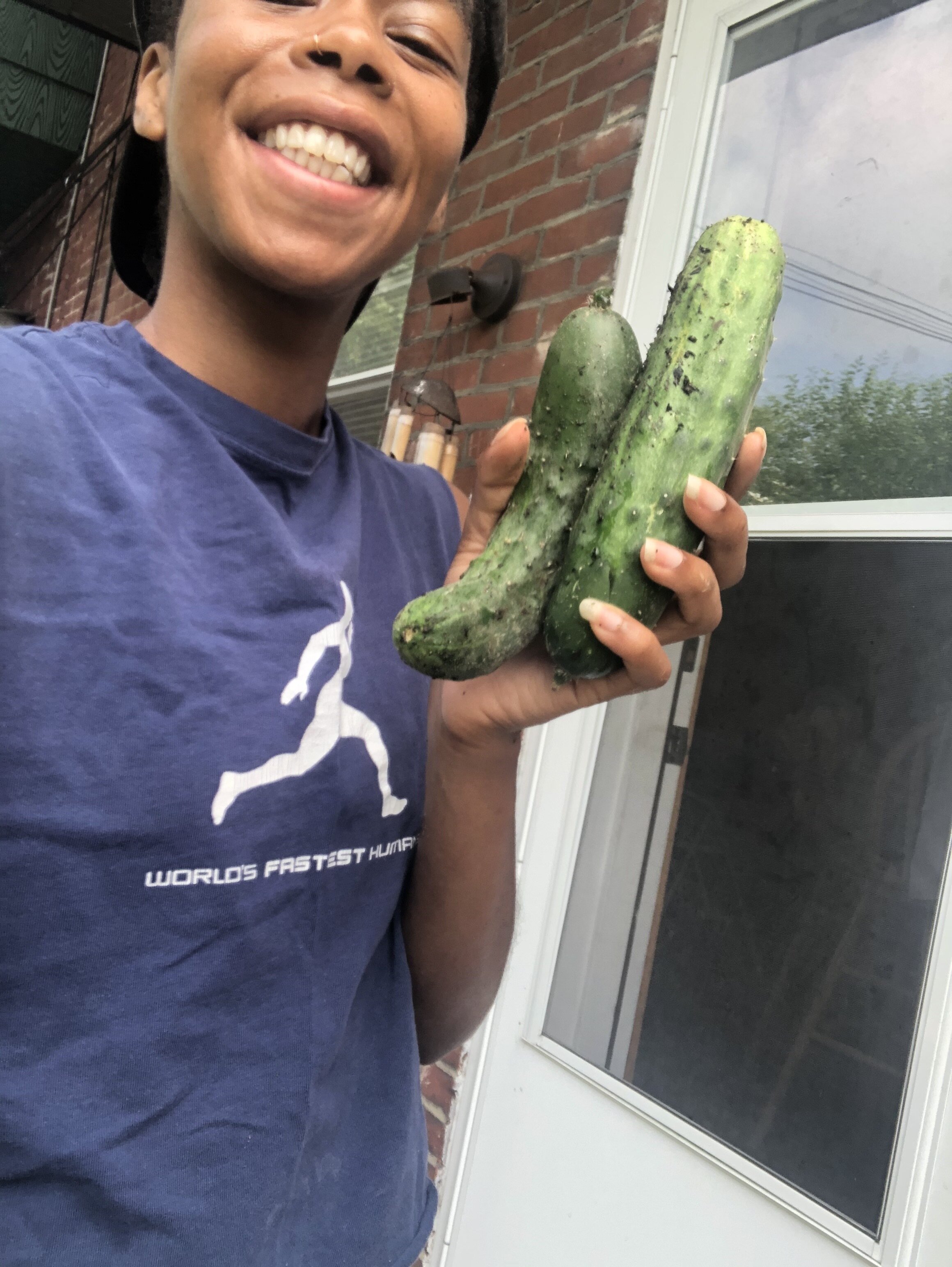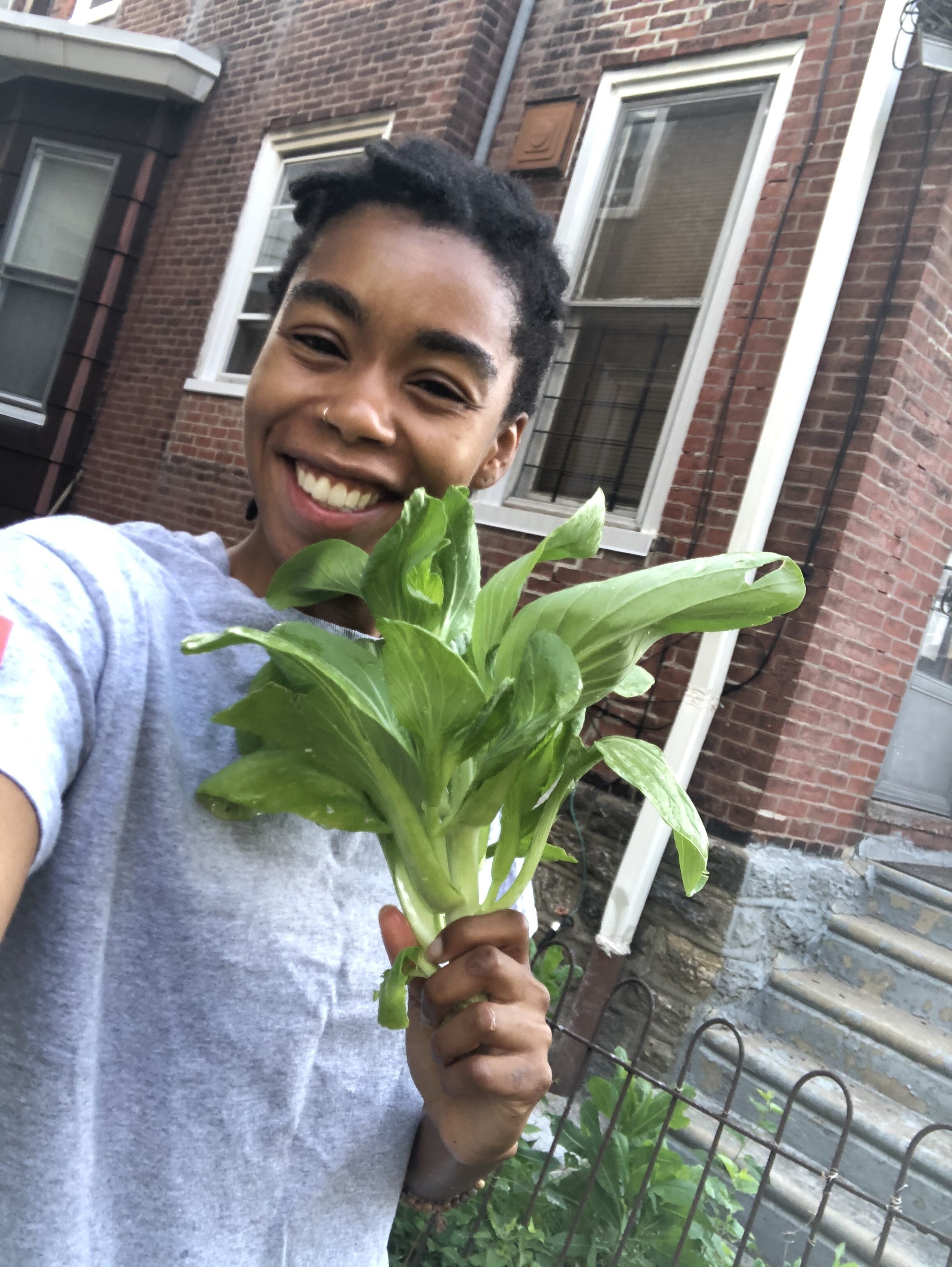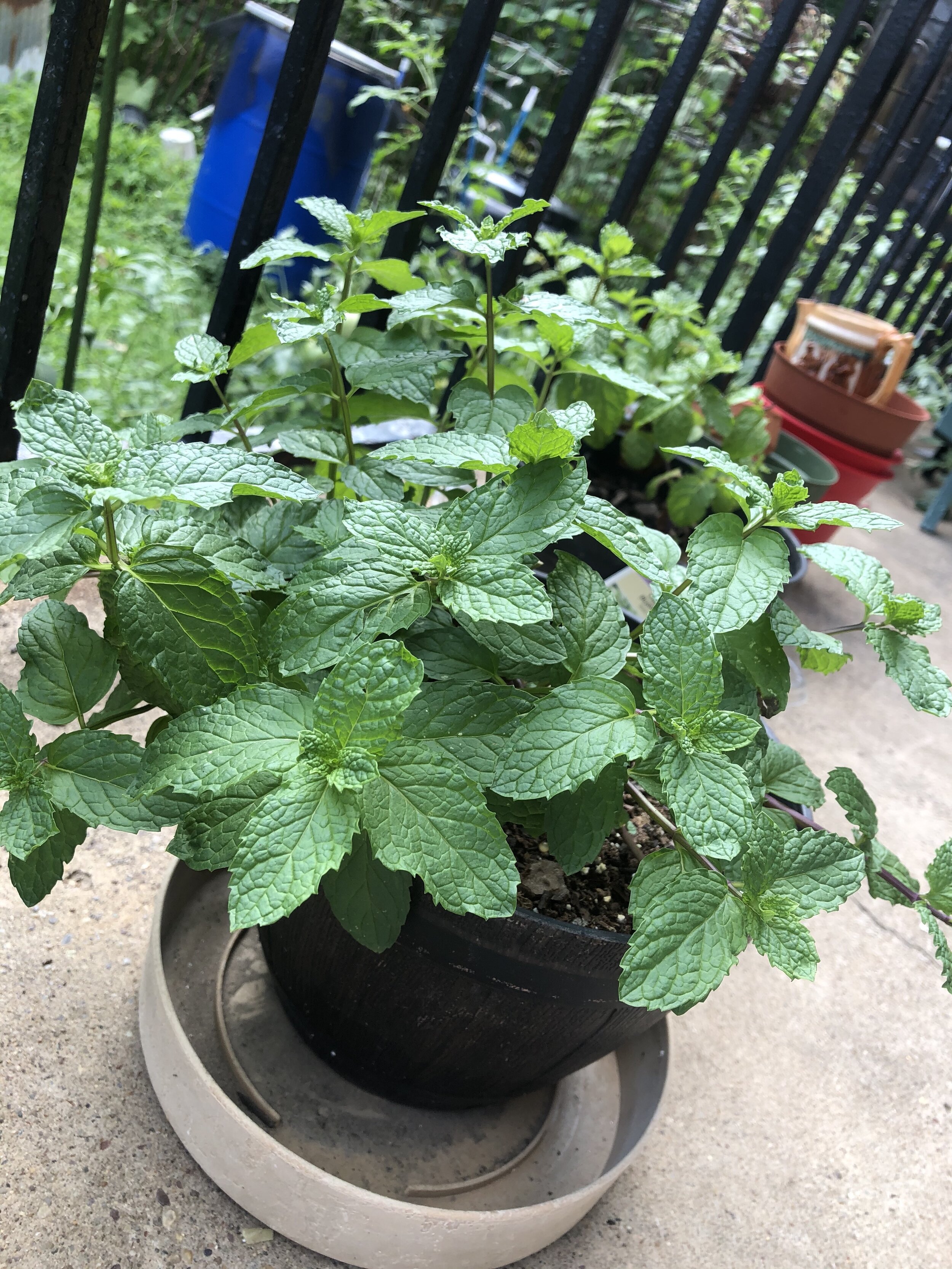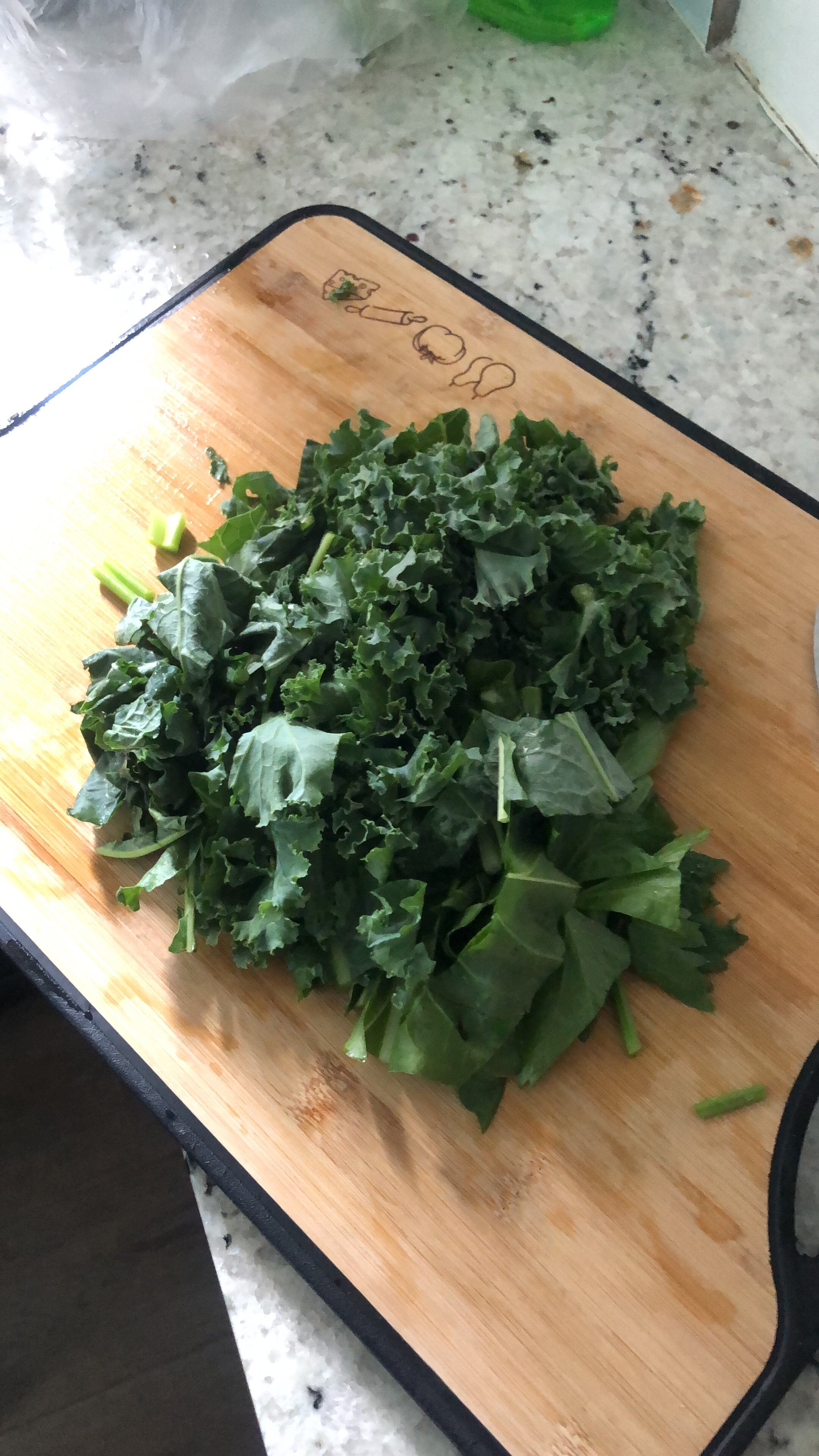For me, gardening is a wellness practice.
For others farming is a way of life- How they make their money and provide.
For my ancestors, being in a field was a constant reminder of being ripped from their home countries and being forced to tend to land while not being more than property.
Sup Muses?!
This post scratches the surface on food justice, gardening and how I link it to wellness. I do not touch on the importance of community gardens, food service inequities or the local work in the food landscape. I am providing some historical context, definitions and people/groups to know.
When I began working at my old job, I was clueless about the food justice movement, and although I left with a much greater understanding, I am still a learner about this topic. My job’s mission focused on increasing access to healthy food through education, policy & incentives, but I quickly learned you cannot address this issue without learning WHY certain areas don’t have access and you must look back at the history of farming in the US. Hopefully this post will spur a conversation about these topics or push you to do further research.
The truth is, you cannot separate racial justice from food justice.
Slavery / sharecropping is usually what comes to mind when you think about Black people and our relationship with farming. I know it was for me it was. Although my father maintained a garden in my backyard throughout my childhood and we spent time actively planting, sowing and harvesting, that wasn’t my first thought when I thought of farming or gardening. A few years ago, I learned about food sovereignty, discrimination towards black farmers and also the wonderful, innovative solutions and communities that sprung from our hardship. Farmers of color have encountered racism in every decade. Think about the amount of Black farmers and POC farmers (few) in relation to the number of POC who work as day laborers or in the food system (many.) There’s a great article that dives into racism in farming and how it has shaped the current landscape. There are movements to reclaim our land because there’s power in owning your own land and producing your own food.
I’ve mainly focused on Black leaders and our orgs/initiatives, but dig into it this topic, yall. Indigenous & Native Americans have suffered, and I mean SUFFERED at the hands of colonizers and still continue till this day. Indigenous Food & Agriculture Initiative.
Below I’ve provided names, organizations and resources to check out, but there’s more, so much more…
Let’s get into it.
Terms to Know:
Food Swamp- high availability of fast food coupled with a disproportionately lower number of grocery stores in these same areas (x) <<Think about a neighborhood that has a ton of corner stores & fast food spots but no grocery stores.>>
Food Desert: geographic areas where residents’ access to affordable, healthy food options (especially fresh fruits and vegetables) is restricted or nonexistent due to the absence of grocery stores within convenient traveling distance (Food Empowerment Project)
Food Apartheid: takes into account the REASONS why there are no healthy food options in specific neighborhoods. A system, set up and maintained by a series of human choices, in which some people are permitted to live in a community with a supermarket nearby, and other people — mostly people of color — are not. (Blavity)
There are historical and systemic reasons why our neighborhoods are this way. Leah Penniman- Soul Fire Farm and Farming while Black speaks on this extensively. Karen Washington coined the term. Research and learn about these Black women. Why are grocery stores located where they are? Have you considered the barrier of a person without transportation? Redlining?
Food Justice- A holistic and structural view of the food system that sees healthy food as a human right and addresses structural barriers to that right. (Food Print)
Food Sovereignty- the right of peoples to healthy and culturally appropriate food produced through ecologically sound and sustainable methods, and their right to define their own food and agriculture systems. ( US Food Sovereignty Alliance)
People, Organizations, Movements & More:
Jillian Hishaw- some of the Queen Sugar plots are real to southern farmers. Black Farmers are losing land and Jillian is an attorney advocating for these farmers. I’ve met her & She is AMAZING. Her business is F.A.R.M.S.
Influential court cases: Pigford vs Glickman: a class action discrimination lawsuit led by Black farmers against the United States Department of Agriculture (USDA). The case was important in uncovering evidence of systemic racial discrimination within the USDA.
Black Urban Growers (BUGS)- I’ve never been to this conference, but those who go raved about it.
Karen Washington - leader in the food justice movement.
National Black Food and Justice Alliance- coalition of Black-led organizations working towards cultivating and advancing Black leadership, building Black self-determination, Black institution building and organizing for food sovereignty, land and justice.
HEAL Food Alliance- to create food and farm systems that are healthy for our families, accessible and affordable for all communities.
Splendid Table (Podcast) Episode: Farm Garden Cook. The first interview is with Leah Penniman. That’s the interview you should listen to and while you’re at it, search Leah to learn more about her book, Farming While Black, and her farm Soul Fire Farm.
The Racist Sandwich Podcast- A podcast about food, race, gender, and class.
Wellness
Wellness is a multidimensional, comprehensive and holistic. For me, gardening is a wellness practice. It has allowed me to be grounded. Being in my garden has been a place of peace and joy especially during the pandemics. Also, the feeling of seeing your seeds become veggies is THEEEE best feeling ever. Gardening impacts the physical, environmental and emotional aspects of wellness. Below I’ve provided some my garden pictures this summer. Enjoy & Let’s talk. Share any stories or resources you have.
-xo
JM

